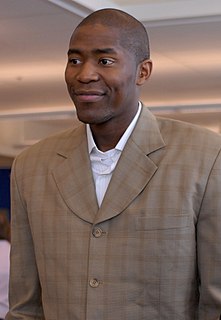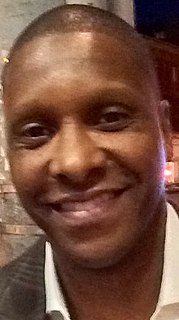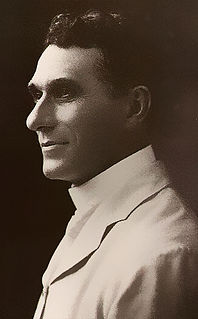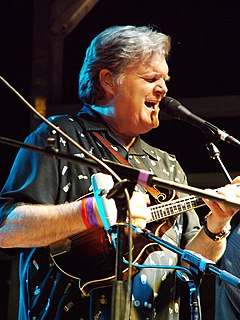A Quote by Sylvia Boorstein
Related Quotes
Now I know my Redeemer lives. I know my Redeemer lives. Let all creation testify let this life within me cry. I know my Redeemer. He lives to take away my shame. And He lives forever I'll tproclaim That the payment for my sin was the precious life He gave. But now He's alive and there's an empty grave
A person who is app-dependent is always searching for the best app; and as soon as its routine has been executed, the person searches for the next app. A person who is app-enabled also uses apps frequently. But he or she is never limited by the current array of apps; apps will free the person to do what he or she wants to do, or needs to do, irrespective of the next application of the app. An app-enabled person can also put devices away, without feeling bereft.
I think [James] Joyce sometimes enjoyed misleading his readers. He said to me that history was like that parlor game where someone whispers something to the person next to him, who repeats it not very distinctly to the next person, and so on until, by the time the last person hears it, it comes out completely transformed. Of course, as he explained to me, the meaning in Finnegans Wake is obscure because it is a 'nightpiece.' I think, too, that, like the author's sight, the work is often blurred.
Many times, I would be on live television and have no idea what the next match is, and I'd have no clue who was coming out next. The last person to know is always the announcer, and it's always your fault if you make a mistake - even if you didn't know. I was always on top of everything and never said the wrong name or the wrong town.


































